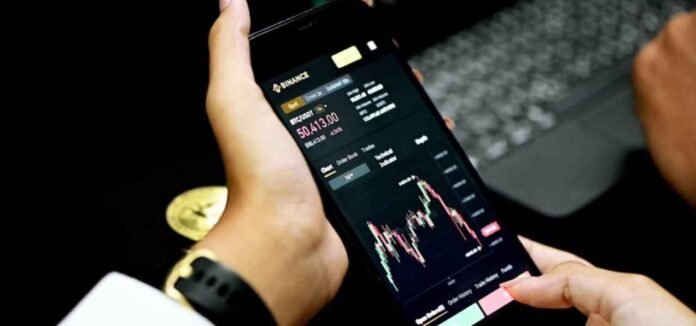Trading in the foreign exchange (forex) market can be both exciting and challenging. It is something worth giving a go if you are interested in the foreign exchange market and currency pairs. There are several steps that is recommended to take before your first trade.
Here are seven steps to help you get started with your first forex trade.
1. Educate Yourself
Table of Contents
Before diving into forex trading, it’s crucial to understand the basics. Learn about how the forex market operates, different currency pairs, trading strategies, risk management, market analysis, and the forex rules of South Africa. There are plenty of online resources, courses, and books that can provide valuable insights.
2. Choose a Reliable Broker
Selecting a reputable forex broker is essential. Look for a broker with a good reputation, appropriate regulatory certifications, and user-friendly trading platforms. Ensure that the broker offers the currency pairs you are interested in trading and has competitive spreads and fees. There are great head-to-head comparisons available online of South African brokers.
3. Create a Trading Plan
Develop a comprehensive trading plan that outlines your goals, risk tolerance, and trading strategy. Define the criteria for entering and exiting trades, as well as how much capital you are willing to risk on each trade. A well-thought-out plan can help you stay disciplined and focused.
4. Demo Trading
Practice your trading strategy in a risk-free environment by using a demo account provided by your chosen broker. This allows you to familiarise yourself with the trading platform, test your strategies, and gain confidence without risking real money. It is always a good idea to first complete a few practice runs on your demo account before doing a live trade.
5. Risk Management
Implement sound risk management practices. Decide on the percentage of your trading capital that you are willing to risk on each trade. Avoid risking more than you can afford to lose. Using stop-loss orders can help limit potential losses and protect your capital. Risk management is crucial, as the risk is as possible as the reward is.
6. Start Small
When transitioning from a demo account to a live account, start with a small amount of capital. This will allow you to gain real trading experience without exposing yourself to significant risks. As you become more comfortable and successful, you can consider increasing your position sizes.
7. Keep Learning and Adapting
The forex market is dynamic, and successful traders continually educate themselves and adapt to changing market conditions. Stay informed about economic indicators, global events, and market trends with the use of Forex Economic Calendars and major news sites. Regularly evaluate and refine your trading strategy based on your experiences.
Remember that forex trading involves risk, and there are no guarantees of profit, although there are many successful forex traders. It’s essential to approach trading with a disciplined mindset and a commitment to ongoing learning and improvement. If you’re unsure about any aspect of trading, seek advice from experienced traders or financial professionals and continue educating yourself on a daily basis.
You may also like to read: unblocked games 66


